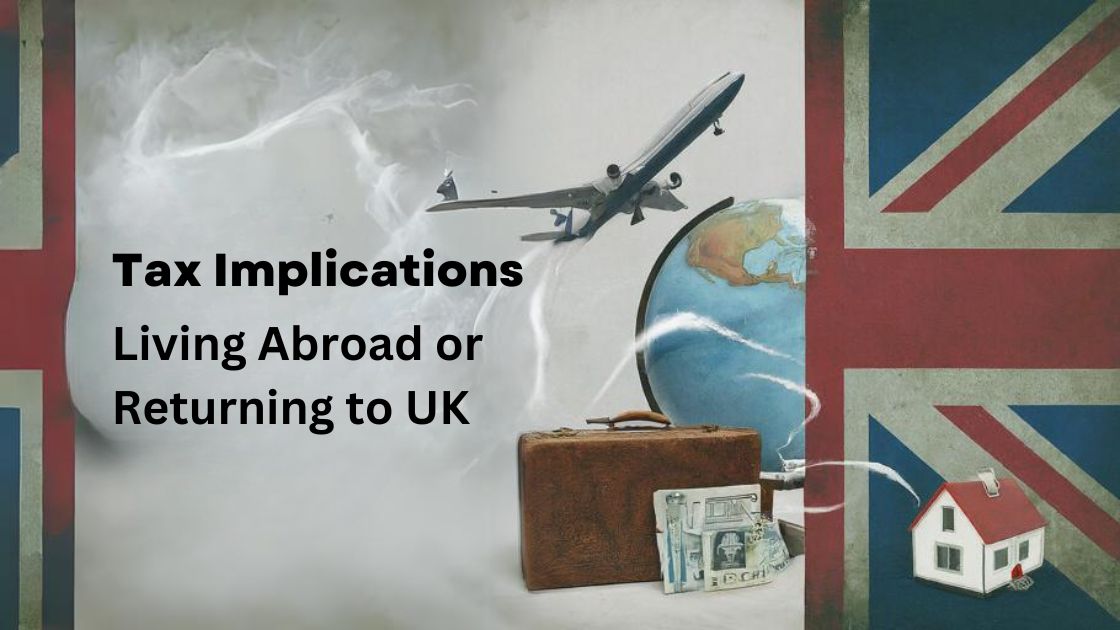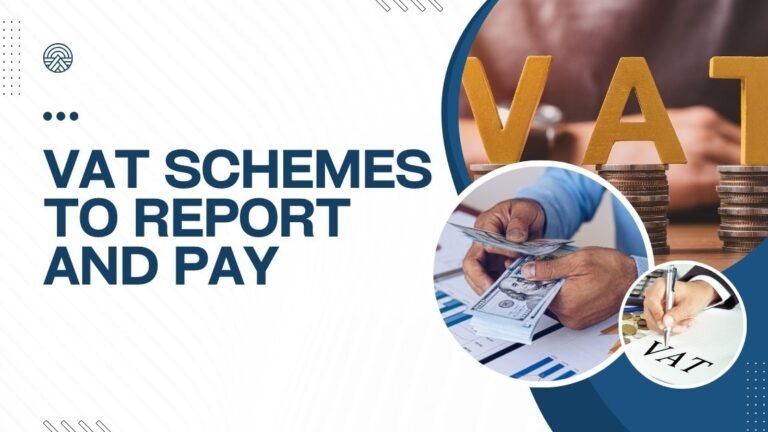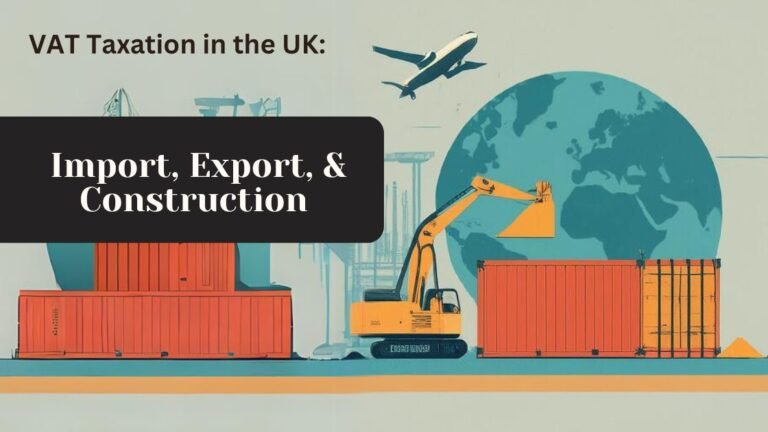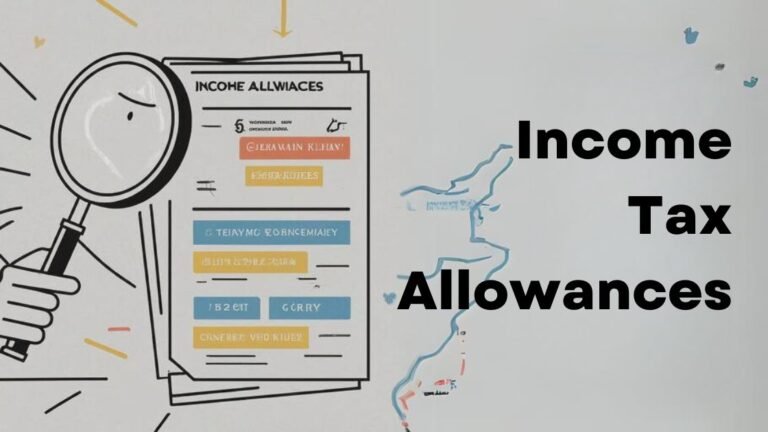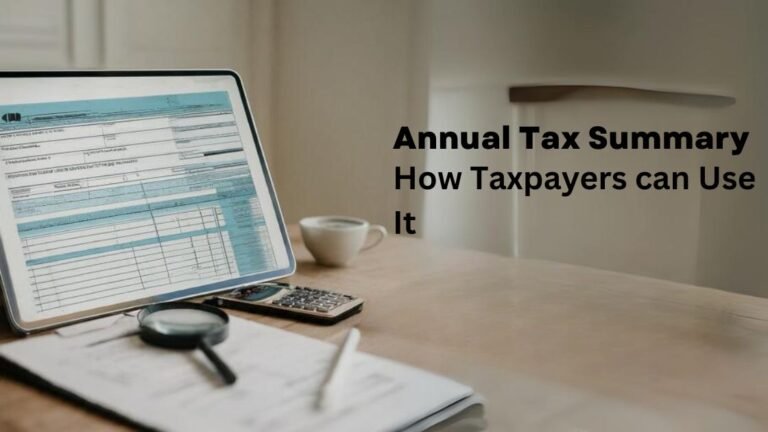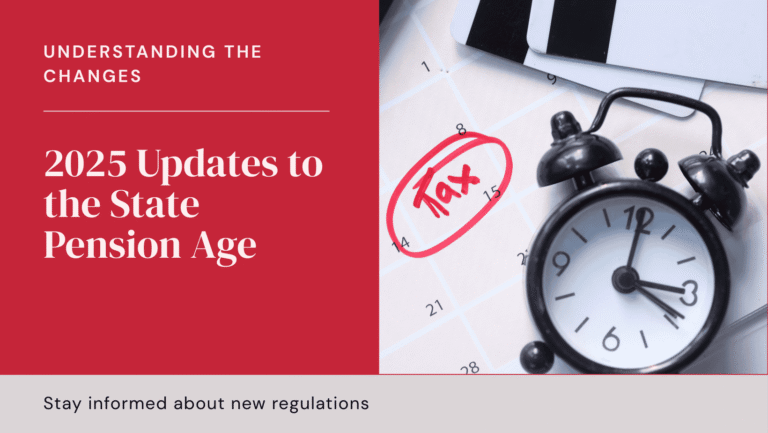Tax Implications: Living Abroad or Returning to UK
Experiencing life and work abroad can be exciting and rewarding, offering you new opportunities to grow professionally and personally. However, you need to be aware of the tax consequences of living abroad and returning to the UK. This blog post will let you know what the big tax considerations are for people who live and work abroad or are coming back home.
Tax Implications if Leaving UK to live Abroad
You must tell HMRC if you are leaving UK to live abroad permanently or for a full-time job outside the UK. If your tax is filed by your employer in the UK, then you need to fill form P85. If you file tax using self-assessment tax return, then complete form SA109 and submit to HMRC, before the 31 October deadline to avoid any penalties.
Who else do you need to be informed about the leaving situation:
- Inform the local council, so that you can stop paying Council tax. HMRC will take care of the refund if you have any for the tax year.
- Claim your State Pension if you have made qualifying contribution on National Insurance. Claim must be made within the 4 months of your state pension age by either contacting the International Pension Centre or filling out the international claim form.
- Check your compliance with National Insurance tax. You might need to pay tax while working or living abroad.
- You tax credits will stop if move for more than a year. It won’t stop if you get UK benefits and live in another European country with child, or you pay UK National insurance.
Before moving out of UK, look out for the below tax consideration factors:
- Residency Status
Your residency status will affect your tax obligations, so understand well about the tax you need to pay in the country you have moved to and in the UK. You will pay tax on State pension if you are resident of UK living abroad or the country you live in doesn’t have double taxation treaty with UK.
You are UK resident if:
- You spent 183 or more days in the UK in the tax year,
- Your only home for 91 days or more was in the UK, and you have stayed in it for 30 days or more in the tax year,
- You worked full time in the UK for 365 days and at least 1 day of that period was in the tax year you are checking.
You are not called as UK resident if you are full time employee outside UK and spent less than 91 days in the UK, with no more than 30 days as working, or spent fewer than 16 days in the UK.
- Foreign Income
Individuals living abroad may have income from various sources, including employment, investments, rental properties, and business activities. You need to pay tax on your foreign income if you are still the resident of UK. Understand how foreign income is taxed in your host country and whether it is subject to UK tax is essential for proper tax planning.
You do not pay tax on foreign income in the UK if you are non-domiciled to UK and your foreign income is less than £2,000 and you are not transferring any of these amount to the UK. However, if this income is greater than £2,000 and you are transferring them to the UK, then you must file self-assessment tax return in the UK.
- Double Taxation Treaties
Many countries have double taxation treaties with the UK to prevent individuals from being taxed on the same income in both countries. These treaties often provide relief from double taxation by allowing taxpayers to claim tax credits or exemptions for foreign taxes paid. If you have already paid double tax on your foreign income, then you can claim for Foreign Tax Credit Relief in your tax return.
- Reporting Requirements
Individuals living abroad may have reporting obligations in both their host country and the UK. This includes filing tax returns, reporting foreign income and assets, and complying with any other tax-related obligations imposed by local tax authorities.
What income is taxable in UK if you are not UK resident?
You will pay income tax on the income that comes from Pensions, rental income, savings interest, and wages. Anyone who has lived outside UK for 6 months or more is considered as non-resident.
Rental Income: You pay income tax if rent out a property and capital gain tax if you sell the property. You can get the full rent from the tenant and file self-assessment tax return at the end of the year, or you could let the letting agents to deduct the applicable tax-rate from the rent and then pay you the rent.
Tax Implications if Return to the UK
You pay income tax and capital gain tax if you return to the UK and will be considered as UK resident.
Check out the below tax related factors when you move to UK:
- Residency Status:
When returning to the UK, individuals must determine their residency status for tax purposes. Factors such as the length of stay in the UK, ties to the country, and intentions for the future will influence residency status and tax obligations.
- Tax Relief for Returning Residents:
The UK offers certain tax reliefs and exemptions for individuals returning to the country after living abroad. These may include the Statutory Residence Test, which determines residency status, as well as reliefs for foreign income and gains brought into the UK.
- Transitional Arrangements:
Returning residents may benefit from transitional arrangements or tax incentives designed to ease the transition back to the UK tax system. These arrangements may provide relief from certain tax obligations or allow for a phased approach to re-establishing UK tax residency.
- Compliance and Reporting:
Returning residents must ensure compliance with UK tax laws and reporting requirements. This includes filing tax returns, reporting foreign income and assets, and disclosing any tax planning arrangements or structures established abroad.
What are your tax obligations as a student?
- You pay income tax on your job if your monthly earning is more than the allowed personal allowance (£1,048).
- You pay National insurance if you earn more than £242 per week.
- You need to pay income tax on the income earned above personal allowance during holidays if you have worked abroad.

